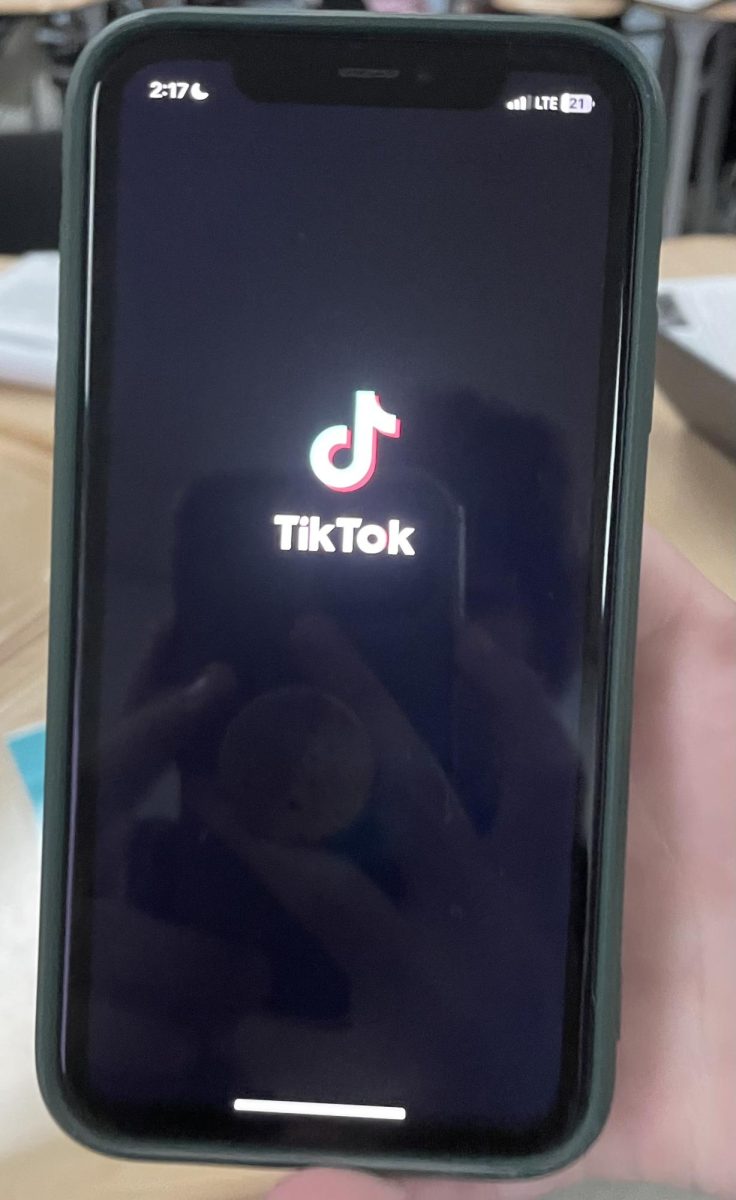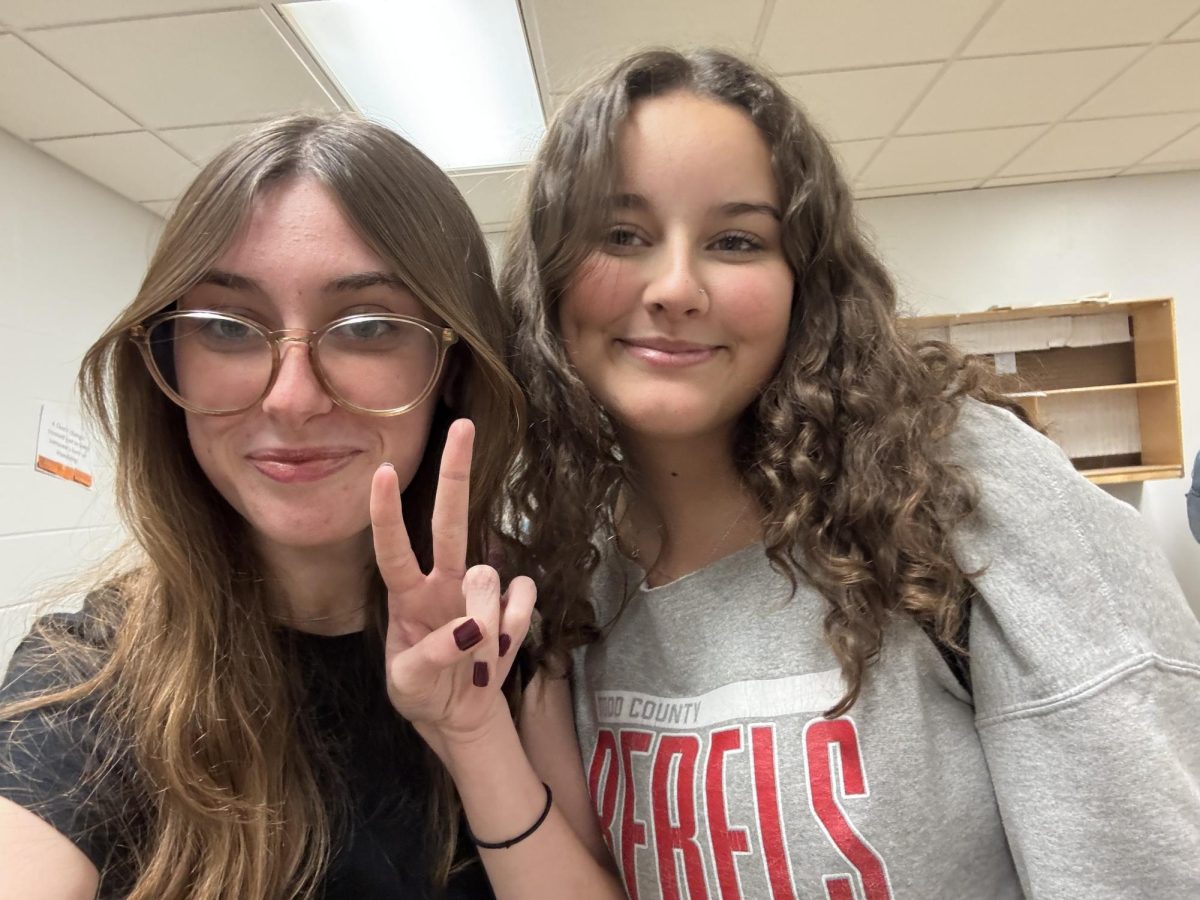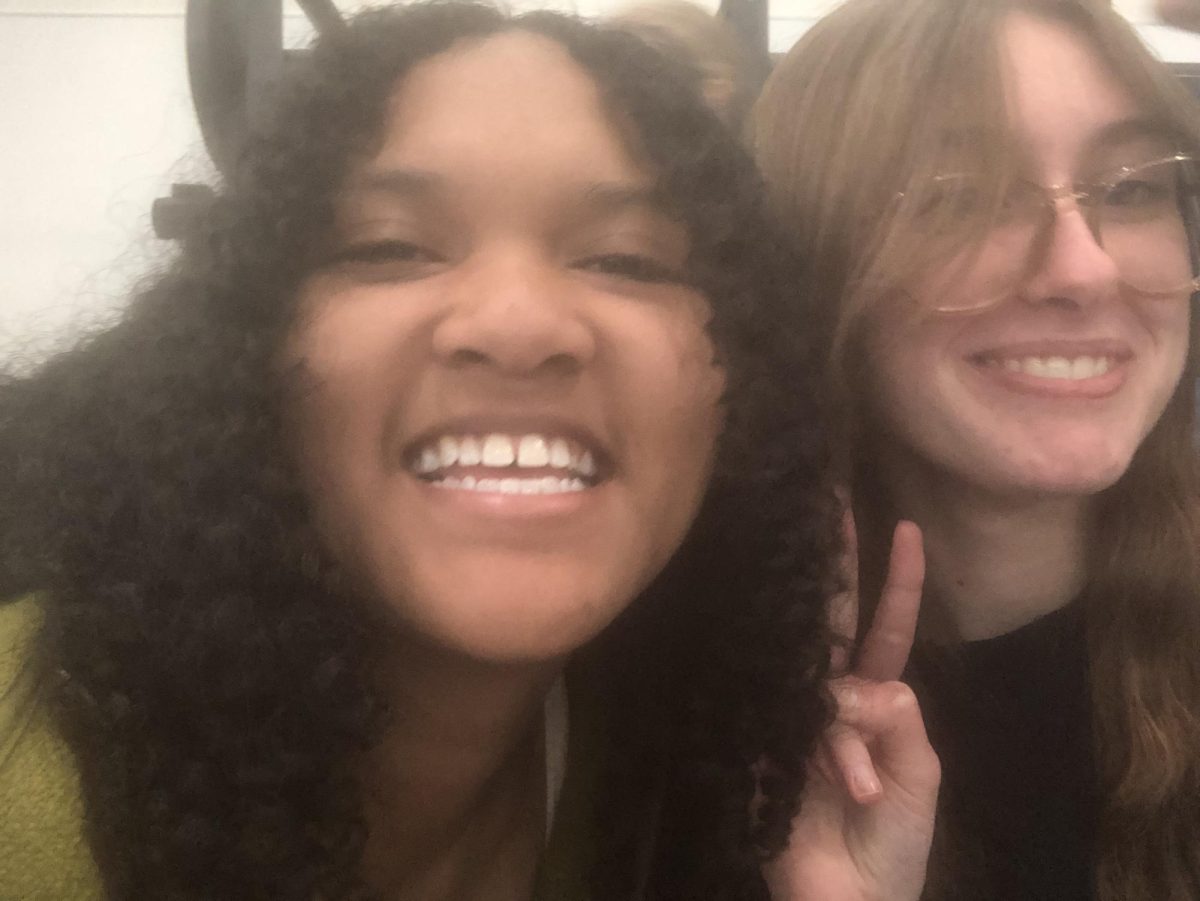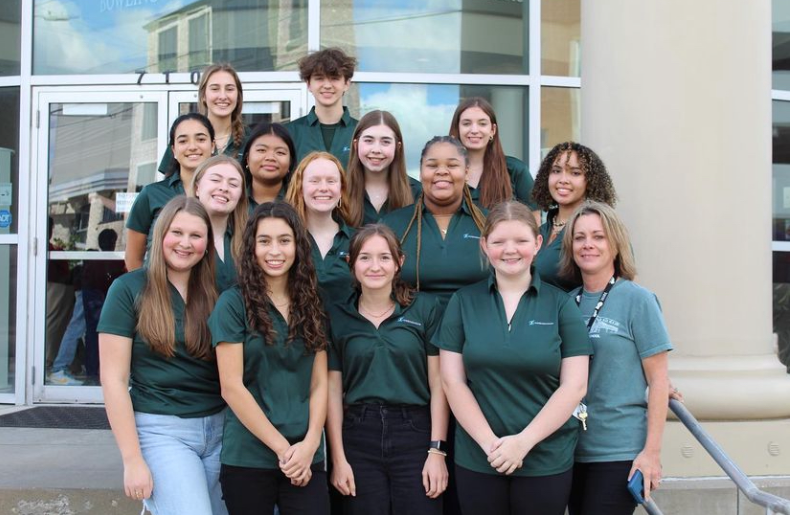So do you have TikTok? If you said no, congratulations you are somewhat safe. Although if you said yes then all of your information, your voice, your face, your name, search history, IP address, and so much more are all at risk, and as you read this being collected and sold to a foreign government. Get ready to dive into just a few of the many secrets TikTok and their affiliates have swept under the rug ….
Origins of TikTok
TikTok started its existence in the People’s Republic of China, or China for short. Back then it was not TikTok, but Byte Dance. This company managed to make one of the most advanced AI algorithms ever created and was personally funded by the Chinese government who then ordered it to be released to the public. Although they needed a catchy name for this new app they came up with Douyin, otherwise known as TikTok, and it was a hit with over 384 million downloads six months after being released to the public. Now, it has over 3.5 Billion downloads worldwide. Safe to say it was popular but it was not done yet.
In America, a new app also funded by the Chinese government, Musically, was gaining a lot of popularity in the USA and TikTok was also gaining popularity instead of competing for the same goal, resulting in the two companies combined into one. This combination of Douyin and Musically was renamed TikTok. This new app would immediately take off with massive popularity in the USA, spreading like a disease across the globe. Ok well, It doesn’t seem so bad so far right? Well, it only gets worse from here.
Addiction and Falling Into the Trap
So far TikTok doesn’t seem so bad, it’s a bit suspicious that it’s funded by the Chinese Communist Party (CCP) but it’s not like it’s rotting your brain, right? It turns out that it uses the same tactics as drugs and gambling. So to understand how TikTok ensnares you you have to understand a bit about your brain in other words, dopamine.
Dopamine is the driving force behind addiction. If you are addicted to something, then you get this nice feeling after doing that thing whether it be drugs, the internet, fishing, or something else that feeling is dopamine. It drives people who use drugs or gambling to keep doing drugs or to keep gambling, waiting and hoping for that hit. One thing many ignore is that dopamine has existed forever as a way to keep us trying to stay alive. According to The Cleveland Clinic, “Dopamine is part of your reward system. This system is designed, from an evolutionary standpoint, to reward you when you’re doing the things you need to do to survive — eat, drink, compete to survive, and reproduce. As humans, our brains are hard-wired to seek out behaviors that release dopamine in our reward system.” Now you’re probably thinking about what this has to do with TikTok. Byte Dance has managed to tap into our brains so when you’re scrolling through TikTok tok it is like taking drugs over and over and over again releasing dopamine so much it affects our brains in very negative ways. you’re probably asking about how they do it, it all comes back to that AI algorithm.
So The algorithm has something to do with all of this, but what is so special about this algorithm is that, to put it simply, it is the most advanced AI algorithm ever created. How does the TikTok algorithm work? it uses your biology against you as shown earlier dopamine is a reward system that keeps you doing what you need to do to survive, but Tikitok and, by extension Byte Dance, found a way to stimulate dopamine. insinuated by the New York Times, “The algorithm tries to get people addicted rather than giving them what they want,” showing how TikTok focuses on addiction and getting you hooked using this AI system. More about dopamine is that it releases every time you see a certain video, say you prefer cat videos over gaming content well tik tok will give you a lot of gaming content and then will sprinkle in some cat videos, there to keep you scrolling and waiting for the hit of dopamine that comes with the cat videos resulting in you being hooked scrolling in an infinite spiral waiting for those cat videos and of course the dopamine.
So now you’re probably thinking “hm but how is it degrading our brains?” let’s just say it takes advantage of its popularity with the younger generations to influence not only our brains with the constant dopamine hits but also shortens our attention spans with Gen Z being the most affected by this as shown by IAB UK “Gen Z typically have an attention span of 8 seconds; just a few seconds shorter than millennials” man that’s short about as short as reading this sentence should be. But you’re probably thinking how this relates to TikTok. think about when TikTok was on the rise. in 2018 Gen Z first started to be exposed to the internet as impressionable preteens. You probably see the correlation now. So TikTok has this advanced algorithm that keeps you hooked and shortens your attention span. Every app uses that, but that doesn’t make it okay and TikTok is the most effective one. The next topic shows even more how TikTok is affecting us negatively.
Tik Tok and Mental Health
Did you ever have mental health issues? If so then you can empathize and understand how TikTok could play a role. TikTok can and probably is negatively affecting the health of users as shown by an article by The New York Post. “One recent Center for Countering Digital Hate study found that when researchers posed as 13-year-old users and searched and liked mental-health videos, they received potentially harmful content (including about eating disorders and self-harm) from TikTok every few minutes or more.” And this is paralleled by the fact that close to 20 percent of teens are depressed. 16-year-old Sadie Perkens from Eminence High School used to have TikTok but not anymore and agreed to give us an insight into her opinions on the subject. Many currently believe that TikTok could affect mental health one of which was Sadie Perkens from Eminence Highschool she said that “it could if you’re using it the wrong way” Sadie also said it was addictive unless you set, “limitations for yourself” And from the previous bit about this shows that 2018 is when TikTok rose to power, all people who are teens now are just going into teenhood this shows a clear correlation between TikTok and mental health issues.
The consequences and how little we know
How many parents understand the consequences of letting their kids use TikTok? Do the kids using it understand the risk they are putting their and their parents’ privacy at? Do parents and kids understand how the algorithm works to addict both adults and children to an endless need for more? 12-year-old Myra Meng a student at Drakes Creek Middle School stated that she thinks TikTok is “ok, but you should have managing for it, like not too much screen time”. Sadie who was interviewed earlier also said that she “did” value the internet security of herself and those around her, but she had not read the terms of the agreement required to download the app. 14-year-old Lilah Perkins from Henry County stated that she thought TikTok was very addictive. While 20-year-old Emily Barcroft thinks there should be a kid’s version of TikTok that prevents them from seeing certain adult content. She also stated that it is addictive and that she is on it all the time. She also has not read the terms of the agreement. So, most of the young people agreed that TikTok was indeed addictive and that they had not read the terms of the agreement. This offers a peek into what TikTok has managed to hide from its users in such a way that they easily partake in addictive behaviors while willingly turning a blind eye to the consequences of sharing personal information.
So what about adults and parents? Will Meng, a 45-year-old father of 2, one of whom uses TikTok, stated that “it can be a tool but it’s something we need to be mindful of as far as making sure it’s appropriate”, although he thought it was addictive and could affect mental health. He also thinks that it’s probably realistic and that “algorithms do that for you”. This is different from the story of Ashely Perkins a teacher and mom of 2, both of whom have deleted TikTok from their devices. Her issue with tik tok is “self-image and this perception of beauty that tik tok puts out there, and can trigger emotional responses from people who were already susceptible”. As far as security threat goes she says “There is a lot of talk and have been many hearings held, but she feels she is not aware enough of how it would affect her on a national level”.
Is it possible that TikTok has managed to infiltrate the minds of America’s youth despite parents’ concerns? Did they rely on the laziness of users not reading what they were agreeing to let them see? These few interviews have offered us a look into the minds of some users and their feelings about TikTok, whether they still use it or not.
So what do we do now? Will mainstream media share and encourage education on the matter for parents? Will schools take the initiative and help kids understand what addiction is and how it affects their brain development? Or who knows? Maybe it’s all innocent and circumstantial. Or maybe China has discovered the perfect way to weaken the minds of the future. After all their leader has said that China’s ultimate goal is “to lead the world in national strength and international influence”.











Sadie Perkins • Oct 18, 2023 at 8:06 pm
This is very accurate and I love this!!!